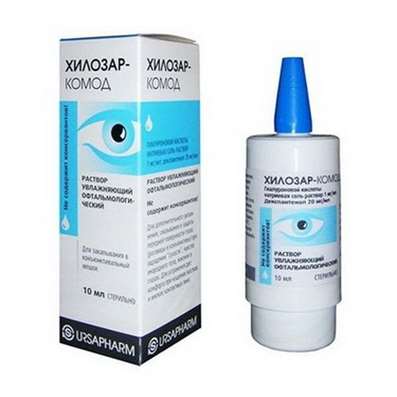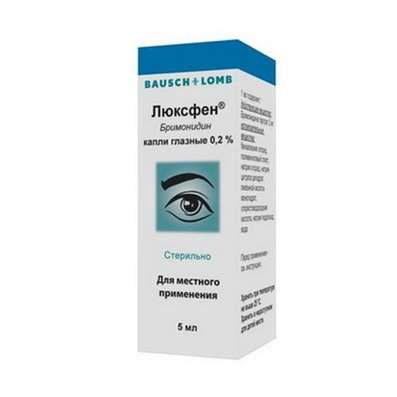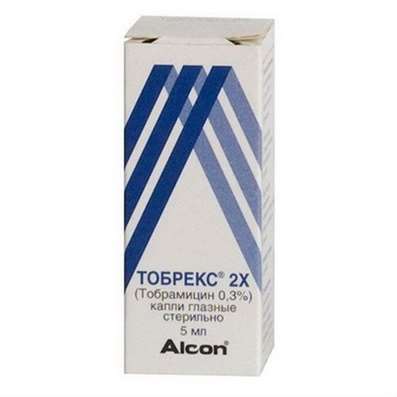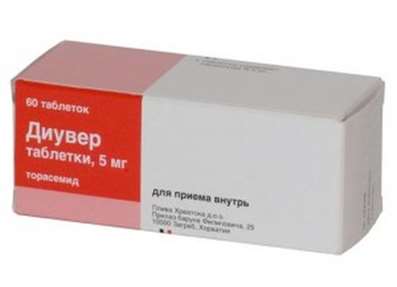Why drug addicts want to be treated and refuse treatment?
21 Nov 2018
The question is not idle. Often during detoxification (especially with regard to opiate addiction), the drug addict suddenly declares that he refuses treatment and wants to discharge because "he feels healthy." As a rule, after discharge he immediately starts using drugs again. And then it becomes clear that the rejection of therapy is the result of the emergence of an attraction to drugs.
The life of a drug addict is painful and unromantic. He is immersed in an addictive environment where human dignity, friendliness and love matter only when there are drugs or money to buy them. He is forced to constantly risk, cheat, break the law or beg for money from relatives in order to avoid suffering abstinence. For private life, there is no time left. In addition, his health is severely affected by drugs, and over time he feels it more and more.
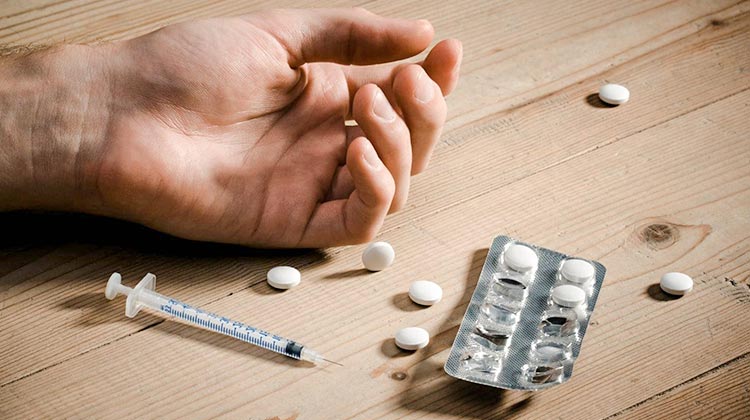
At the same time, relatives and family (if any) usually exert considerable pressure on him to stop the narcotics. In the conditions of such pressure, sooner or later the addict comes to the conclusion that he needs treatment. And turns to the doctors.
What next?
Then abstinence begins (can be treated by Phenotropil). When treated with modern methods, it proceeds very easily, but the patient's condition is not at all what he is used to. The fact is that some discomfort (and even minor pains) take place, and it is impossible to completely get rid of them. But most importantly, against the background of abstinence, the addict inevitably decreases mood and irritability and impatience increase. Any minor trouble is regarded as a real tragedy, not to mention a bad state of health. And if the motivation for treatment is relatively low (for example, the patient began to be treated to "calm" his loved ones or because of a lack of money for drugs), then the worsening of the condition during abstinence seems fatal. And the best way for his "correction" is to take a single dose of drugs. The patient is discharged, "one time" pins ... - and then everything follows the usual rut.
Another common reason for refusing treatment is a "bump". This slang term means induction (transmission, excitation) of attraction to drugs to one drug addict by another. If there are several drug addicts in the department, and one of them very much wants to prick, he tries to convince others to help him get drugs. This is a very malign situation, and according to the proverb "one black sheep all herd spoils," most of the patients as a result of "bump" can stop treatment.
There is also a type of refusal of treatment - when drug addicts with long experience who have repeatedly undergone a course of treatment, lie down on detoxification only in order to "lower the dose" (after the course of treatment, the amount of narcotic required for each day is markedly reduced). Drug addicts enter treatment if this has a direct economic effect, i.e. the cost of a course of detoxification is much lower than the expected cost of continuing narcotization in the usual doses. Naturally, at the same time they try in every possible way to shorten the term of treatment.

 Cart
Cart

